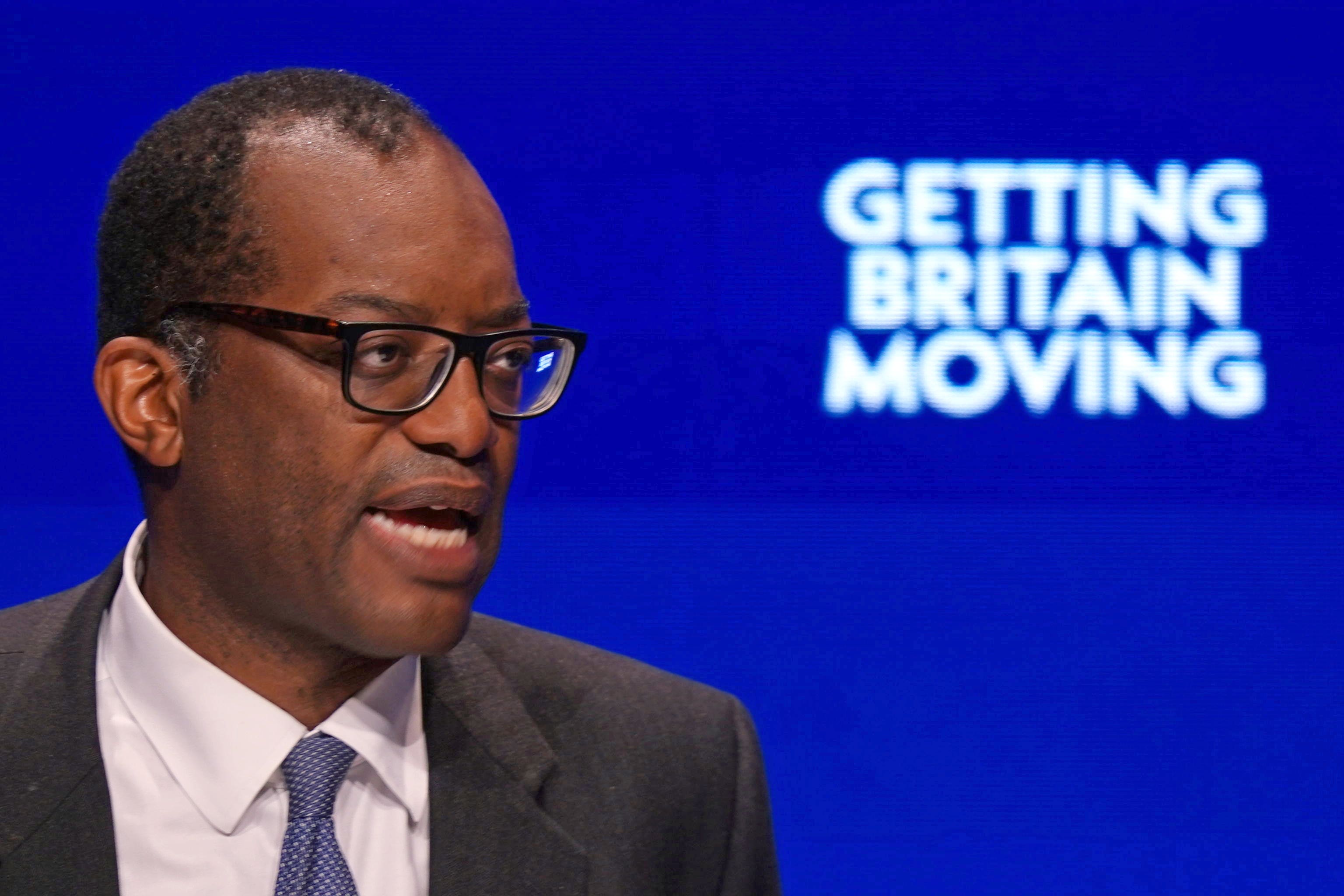Fitch has taken a dim view of the UK’s credit outlook – does it matter?
The credibility of ratings agencies took a hit during the financial crisis. Not as big a hit as the UK’s reputation has taken, however. The markets have already issued their verdict, argues James Moore


Does Fitch putting Britain’s sovereign debt on the naughty step matter?
For accuracy’s sake, IOUs issued by the government have been placed on “negative outlook” by the ratings agency. This is sometimes, but not always, the precursor to a downgrade.
It is nearly a decade since Fitch withdrew the once prized AAA rating from the UK’s debt. Moody’s, a rival agency with a slightly different system, moved similarly. S&P, perhaps the top dog among the three, was a little later to the party.
S&P, which already has the UK on “negative outlook”, now gives the UK a rating of AA (tier 3). Fitch is a notch lower at AA- (tier four), ditto Moody’s at Aa3. All of those are still classed as “investment grade”, but the borderlands are getting closer.
The reason for this is, of course, the billions of pounds worth of unfunded tax cuts showered on wealthy corporations and individuals in Chancellor Kwasi Kwarteng’s disastrous mini-Budget. In the wake of that spectacular foul-up, you could view Fitch’s move as a statement of the bleedin’ obvious. Every institution worth its salt will have put the UK on its equivalent of “negative outlook” by now.
That’s before we come to the question of ratings agency credibility. The financial crisis of 2007/08 plunged a dagger into that.
Many financial institutions – pension funds and the like – were restricted to putting their money into investment-grade, often AAA-rated vehicles. This led to them taking a brutal beating during the crisis through their having bought into securities backed by subprime mortgage debt in the run-up – some of which somehow managed to secure top grades. The intellectual gymnastics used to justify those ratings were of Olympic medal-winning quality.
There used to be an informal league table with S&P at the top followed by Moody’s and then Fitch. The flip side of this was that Fitch, as the feisty outsider, sometimes had interesting takes. Today? Here’s how one City source put it: “1: Random Number Generator. 2: (CNBC Mad Money host) Jim Cramer. 3: Bernie Madoff. 4: S&P. 5: Moody’s. 6: Fitch.
Harsh? If you consider that a US report into the crisis branded them “essential cogs in the wheel of financial destruction” I’d argue that such a league table is no more than the ratings agencies deserve. It’s not as if the crisis was the first time their ratings were called into question. They faced similar scrutiny during the popping of the dot com bubble of the late 1990s too. The same was true after some high-profile US corporate collapses. Enron, with all its “special purpose vehicles”, comes to mind.
And yet they’re still here, still rating, because they are still watched by institutions which lack the expertise to do their own analyses. Ratings still feature prominently in investment mandates. And they play a role in the capital requirements of banks. The potential conflict of interest through having issuers paying to be rated remains.
It’s a far from ideal situation. Reformers have tried, and failed, to clip their wings. But while they still matter in some spheres, the markets matter more, certainly as regards sovereign debt. Their reaction to Kwarteng’s mini-Budget was swift and it was brutal and the fallout continues to this day. The price of the UK government’s IOUs plunged, and their yields soared (the two move in opposite directions).
The turmoil forced the Bank of England to intervene “temporarily” buying up £65bn of Gilts. This brought some stability, but the government is still having to pay a lot more to borrow money than it used to. Taxpayers, and likely the public services, will pay a very high price for the chancellor’s devastating display of incompetence and hubris.
In that sense, the downgrade has already been done. The markets have expressed their view and the UK’s reputation has gone the way of the ratings agencies. It is going to take a lot of hard work, probably by a fresh government, for it to recover.
So the agencies have arrived late but they always do. Their moves are just the cherry on top of the messy financial cake that the government tried to have but found it couldn’t eat.






Join our commenting forum
Join thought-provoking conversations, follow other Independent readers and see their replies
Comments